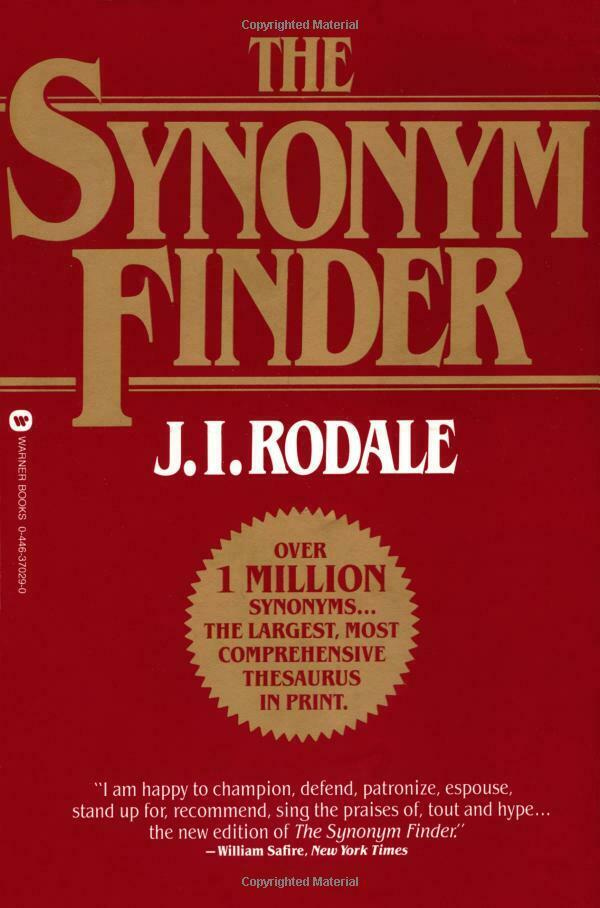Mind Over Back Pain
Unorthodox back pain philosophy
Back pain is ubiquitous in developed countries. Yet the honest truth is that science is uncertain as to what causes it. Theories abound, as does a lot of pseudo-therapy. There are probably multiple origins and different varieties of lower back pain. However, one theory says a large portion of back pain starts with mental tension. If you have an inkling that your back pain is linked to stress, I strongly suggest you seek out this perennially-in-print book (since 1972). My speaking agent, who deals with hundreds of stressed-out type A’s and the consequential epidemic of back pain they carry with them, routinely hands out this book. It seems to be the one thing that helps them the most. It helped me. By adopting the view that lower back pain is a syndrome in large part fostered by the mind/body complex, I’ve been able to avoid surgery and painkillers and resume my life. Your mileage may vary, but it’s worth a read.
-KK
Mind Over Back Pain
John Sarno, MD
1982, 124 pages
$10
Berkley Books
New York
Amazon
Excerpt:
The reason for this obsession with discs is that it does seem logical. There are those degenerating structures at the lower end of the spine, right where a lot of pain and spasms occur; there are lumbar and sacral nerves conveniently located so that they can be compressed by bulging or herniated discs; there is pain in the leg, proving that those nerves are compressed.
*
What these data confirm is that degenerative processes have nothing to do with most back pain. Degeneration is progressive and relentless; serial X rays as one ages document this fact. Yet back pain is far less common in the older age groups. According to the conventional diagnostic concepts, everyone over the age of sixty should have back pain.
The bar graph in Figure 9 [above] gives the age by breakdown by decade. Seventy-seven percent of the group fell between the ages of thirty and fifty-nine. Note that there are fewer patients in their sixties than in their twenties! Since the majority of back pain syndromes are attributed to degenerative processes – for example, degenerative osteoarthritis and degenerative disc disease – it is strange, indeed, that there were only thirteen patients aged sixty to sixty-nine, and seven in their seventies.
01/26/04








